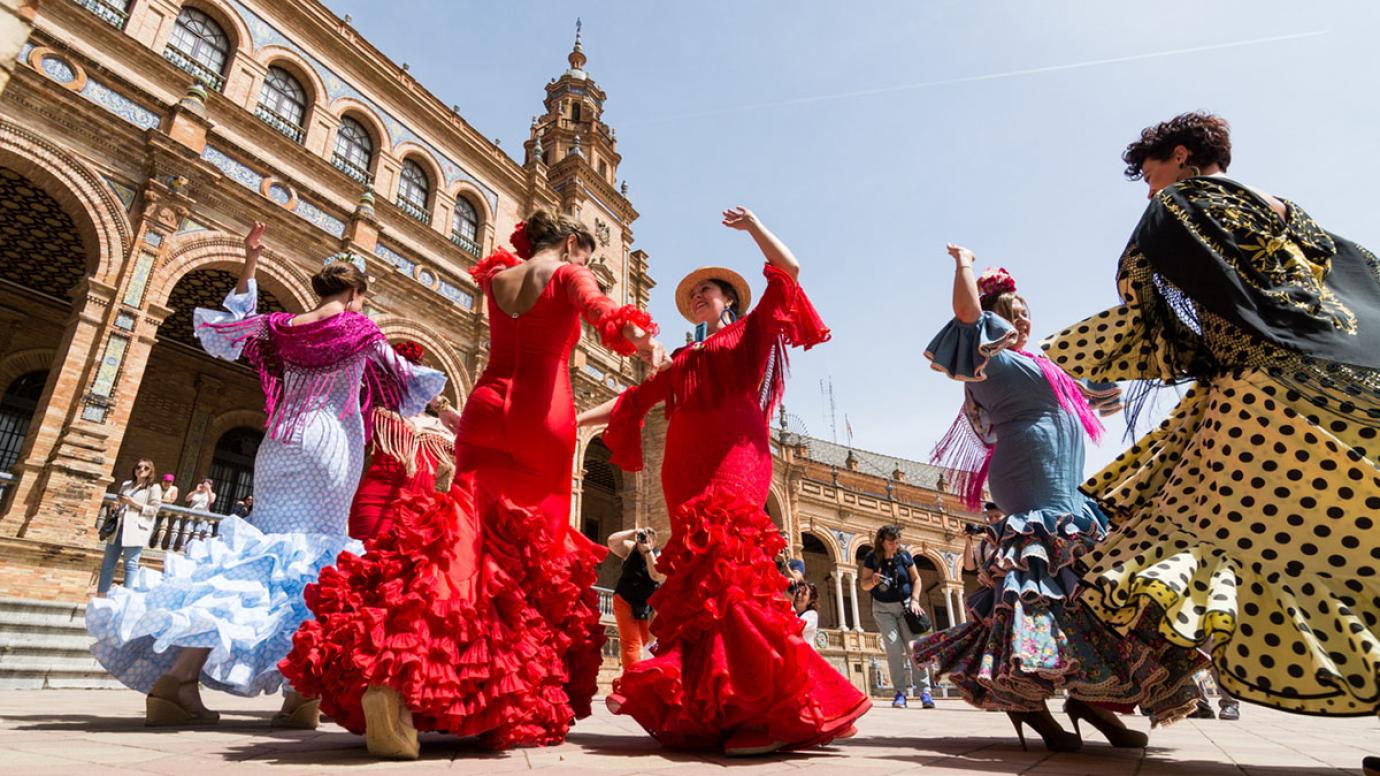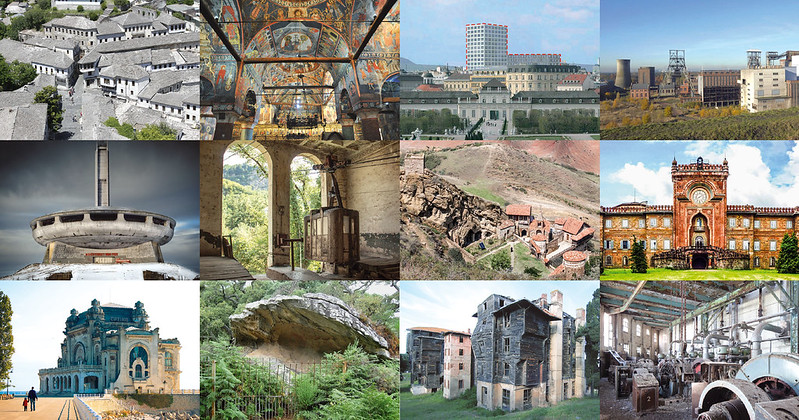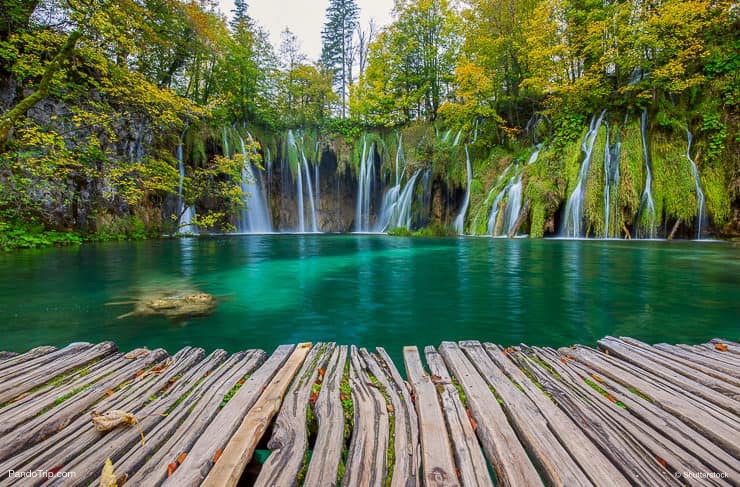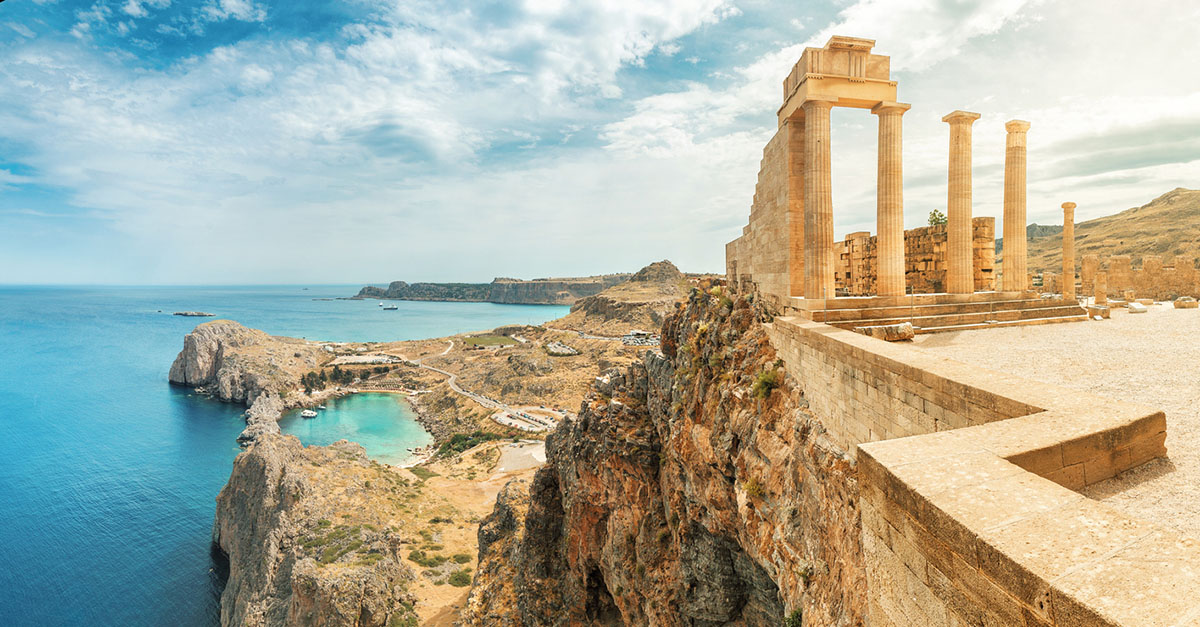
Europe, with its rich tapestry of history, art, and diverse traditions, offers an unparalleled playground for cultural enthusiasts. From the grand museums of Paris to the charming streets of Prague, finding the best cultural experiences requires a thoughtful approach. In this guide, we'll explore strategies to unearth the hidden gems and make the most of your cultural exploration in Europe. Cultural experiences provide a window into the soul of a destination. They allow travelers to connect with local traditions, savor authentic cuisine, and appreciate the historical and artistic nuances that make each European city unique. Europe boasts a mosaic of cultures, each with its own distinct identity. From the Mediterranean warmth to the Nordic coolness, exploring the diversity of cultural offerings adds depth to your travel experiences..
Exploring Local Cuisine

A. Iconic European Dishes
Delve into the culinary wonders of Europe by trying iconic dishes. From paella in Spain to pasta in Italy, each country has a culinary identity waiting to be savored.
B. Street Food and Local Markets
Don't overlook the charm of street food and local markets. Wander through the bustling stalls of Borough Market in London or Mercado de la Boqueria in Barcelona for a taste of daily life.
Engaging with Local Traditions

A. Cultural Festivities
Participate in cultural festivities. Whether it's the Carnival of Venice or La Tomatina in Spain, immersing yourself in these events adds vibrancy to your cultural experience.
B. Traditional Practices and Rituals
Explore traditional practices and rituals. Attend a flamenco performance in Seville or witness the changing of the guard at Buckingham Palace for a glimpse into cultural customs.
Museums and Historical Sites

A. Must-Visit Museums
Visit renowned museums like the Louvre in Paris or the Uffizi Gallery in Florence. These institutions house treasures that narrate the story of European art and history.
B. UNESCO World Heritage Sites
Explore UNESCO World Heritage Sites such as the Acropolis in Athens or the historic center of Rome. These sites are a testament to the cultural significance of the region.
Connecting with Locals

A. Language Learning Resources
Brush up on basic local phrases using language learning resources. Even a few words in the local language can enhance your interactions and show respect to the locals.
B. Participating in Community Activities
Engage with local communities by participating in community activities. Whether it's a local dance class or a cooking workshop, these experiences create lasting connections.
Off-the-Beaten-Path Experiences

A. Hidden Gems and Lesser-Known Locations
Explore off-the-beaten-path destinations. Consider places like Ghent in Belgium or Rila Monastery in Bulgaria for a more intimate cultural experience.
B. Rural and Countryside Cultural Exploration
Escape the bustling cities and delve into rural and countryside exploration. Visit small villages and experience traditional ways of life often untouched by modernity.
Utilizing Technology for Cultural Discovery
A. Travel Apps and Resources
Make use of travel apps to enhance your cultural journey. Apps like Culture Trip and TripScout offer curated guides and recommendations for a personalized experience.
B. Virtual Tours and Online Exhibitions
Explore cultural sites virtually through online platforms. Many museums and historical landmarks offer virtual tours, allowing you to discover Europe's cultural richness from the comfort of your home.
Navigating Cultural Sensitivities
:max_bytes(150000):strip_icc()/mixed-race-couple-shopping-in-outdoor-asian-market-607665445-5841dd233df78c0230ef6a0c.jpg)
A. Understanding European Etiquette
Familiarize yourself with European etiquette. From dining customs to social norms, understanding local etiquette ensures respectful cultural engagement.
B. Respecting Cultural Diversity
Europe is a tapestry of diverse cultures. Respect the differences and celebrate the diversity that makes each cultural experience unique.
Sustainable Cultural Exploration

A. Eco-Friendly Travel Practices
Adopt eco-friendly travel practices. From choosing sustainable accommodations to minimizing plastic usage, contribute to the preservation of Europe's cultural and natural heritage.
B. Supporting Local Artisans and Businesses
Contribute to local economies by supporting artisans and businesses. Purchase handmade souvenirs and dine in local establishments to ensure your travel leaves a positive impact.
Conclusion
Embarking on a cultural exploration in Europe is a journey filled with enriching experiences. By combining thorough research, immersive activities, and a respectful attitude towards local traditions, you can unlock the best cultural experiences that Europe has to offer.
FAQs
-
How can I find lesser-known cultural destinations in Europe? Look for hidden gems by exploring travel blogs, local forums, and recommendations from seasoned travelers.
-
What are some must-try European street foods? Indulge in delicacies like Belgian waffles, German pretzels, and Spanish churros from street vendors.
-
Are there language apps specifically tailored for European travel? Yes, apps like Duolingo and Babbel offer European language courses to enhance your communication skills.
-
How can I ensure a sustainable travel experience in Europe? Choose eco-friendly accommodations, minimize waste, and support businesses committed to sustainable practices.
-
Are virtual tours a viable alternative to physical visits to cultural sites? Virtual tours offer a convenient way to explore cultural sites, especially when physical travel is not feasible.








